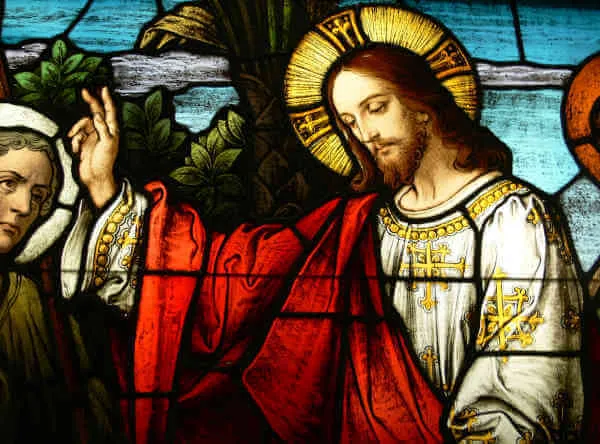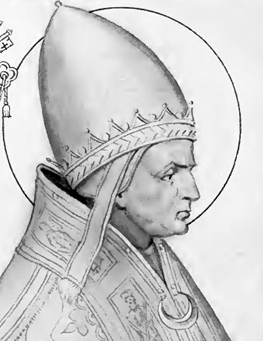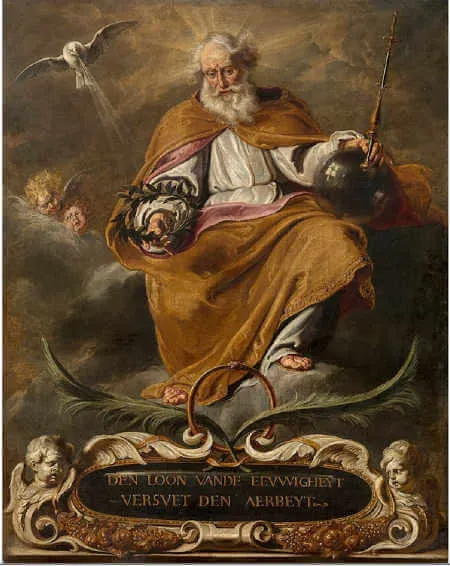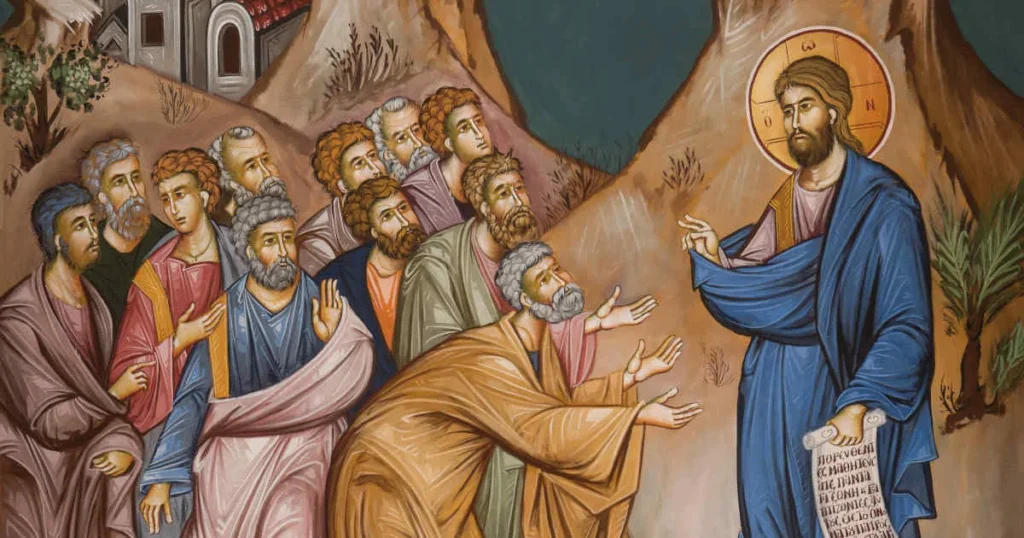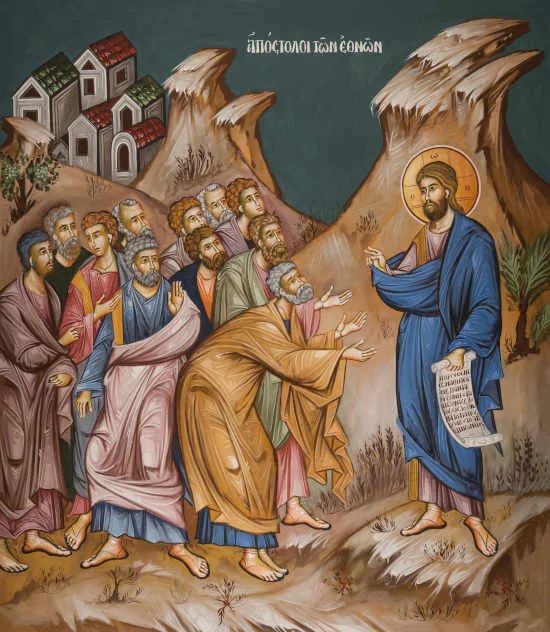Mark 16:15-16
The End is the Beginning
Jesus said to his disciples: “Go into the whole world and proclaim the gospel to every creature. Whoever believes and is baptized will be saved; whoever does not believe will be condemned.”
Reflection:
We celebrate today one more step in the completion of the mission of the Son of God. Humanity had sinned at the beginning of time and fallen from Original Innocence. God immediately began to prepare the world for the gift of eternal redemption by establishing a covenant with Noah, Abraham and Moses. He raised up various prophets and kings to further prepare His people for what was to come. And then, when the time was right, God entered our world through the Blessed Virgin Mary. Jesus, the Son of God, eventually entered into His public ministry, teaching, performing miracles, gathering the faithful to Himself, dying, rising and then appearing to His disciples in preparation for the Ascension. The Ascension completes the mission of the Son of God. Today we honor that definitive moment when God the Son, in His transformed and resurrected Human nature, ascends by His own power to the Father, bringing with Himself our humanity so that all humanity may ascend with Him.
As we celebrate the Ascension of Jesus, we must first see all that led up to that moment and seek to unite ourselves with all of those preceding events. We must listen to the words of the patriarchs and prophets of the Old Testament. We must especially listen to the teachings of Jesus in the New Testament and embrace His words without hesitation. And we must unite ourselves with His own death, dying to sin, so that we may also share in His Resurrection. Today, we must further see the invitation we are all given to ascend with Jesus to the Father. We must understand that where Jesus has gone, we are invited to follow if we only believe, embrace and live all that took place leading up to this glorious moment.
The Ascension was the end of Jesus’ life on Earth but also the beginning of our sharing in the life of Heaven. As Jesus ascended, He commissioned His disciples to go forth and “preach the gospel to every creature.” They were to preach to all about the saving plan of God that began at the time of Adam and Eve and was completed with the Ascension.
Reflect, today, upon your calling to not only share in this glorious moment of Jesus’ Ascension but also your calling to go forth and to do all you can to draw others into this new life. Reflect upon Jesus, Who also speaks to you today to invite you to bring others to that mountain. By teaching friends, family and all with whom God has entrusted to you to share the Gospel, you fulfill Christ’s mission to “go into the whole world” to gather the scattered people into the one fold of Christ so as to ascend with Him one day into eternity.
Source: https://catholic-daily-reflections.com/2024/05/08/deepening-your-understanding-2/


